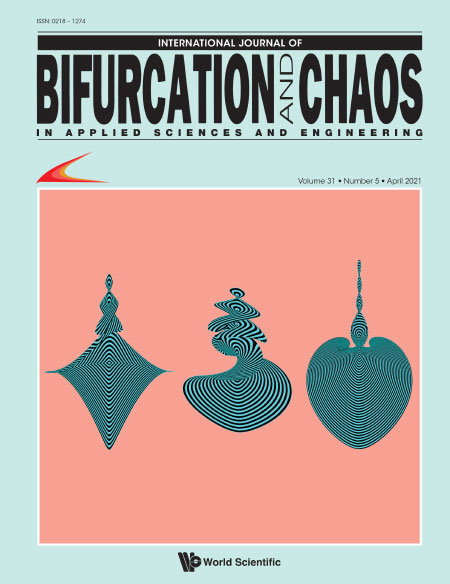Effect of Self Feedback on Mean-Field Coupled Oscillators: Revival and Quenching of Oscillations
Abstract
Interaction among different units in a network of oscillators may often lead to quenching of oscillations and the importance of oscillation quenching can be found in controlling the dynamics of many real world systems. But there are also many real life phenomena where suppression of oscillation should be avoided for maintaining the sustained evolution of the system. In this work, we propose a self-feedback control scheme through which one is able to either achieve quenching or to retrieve the rhythmic behavior in a network of mean-field diffusively coupled systems. It is found that for proper choice of the strength of the control signal, the system converges to an oscillatory state from oscillation quenched state and for further increase of the strength the system enters in chaotic region. Moreover, reversal of the phase of the control signal can induce suppression of oscillation. Thus, the proposed modification offers a better control on the dynamics of the mean-field coupled system. In addition to this, a new transition phenomenon from inhomogeneous limit cycle (IHLC) to homogeneous limit cycle (HLC) through chaotic route has also been found in the modified system.



